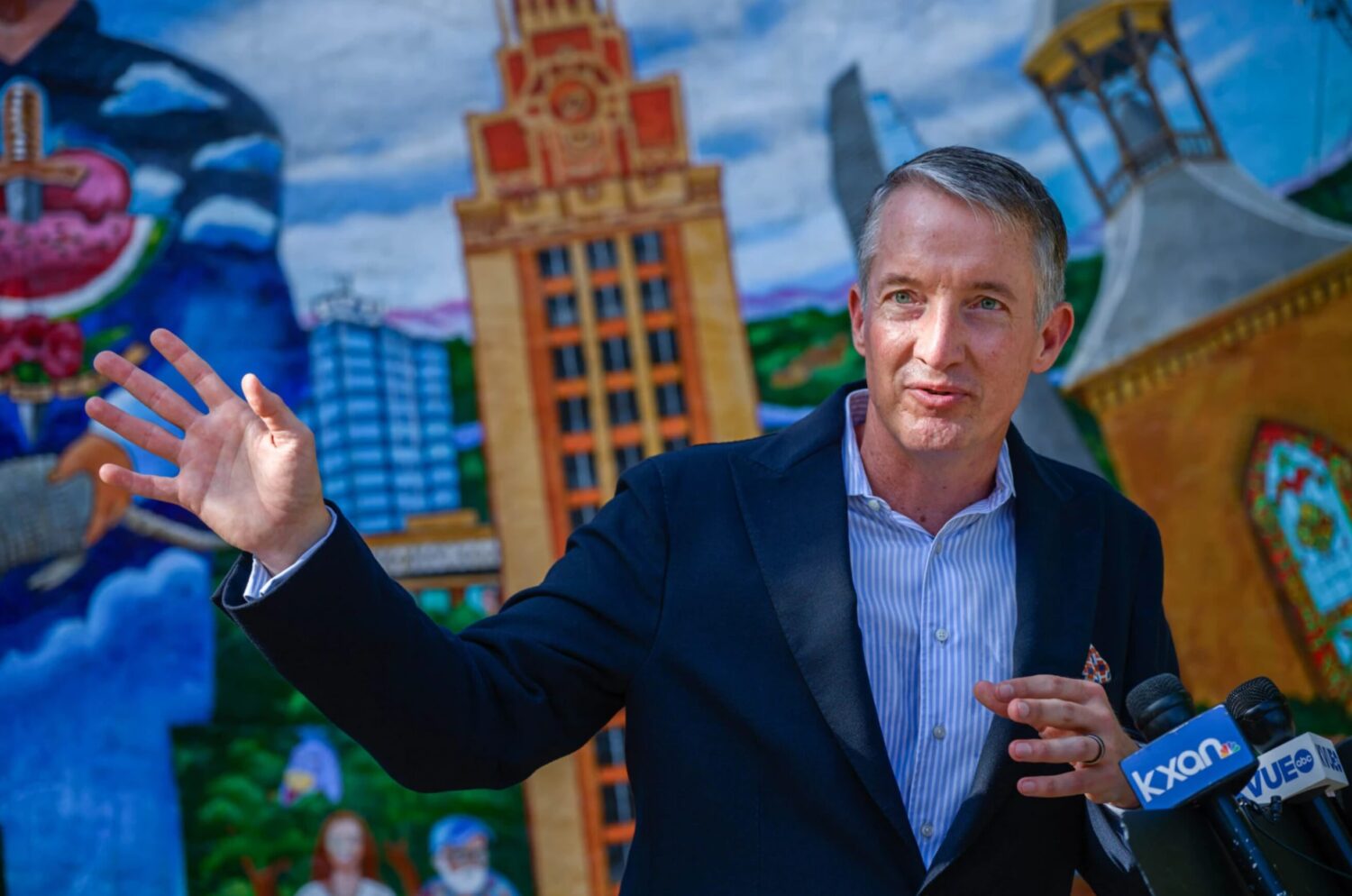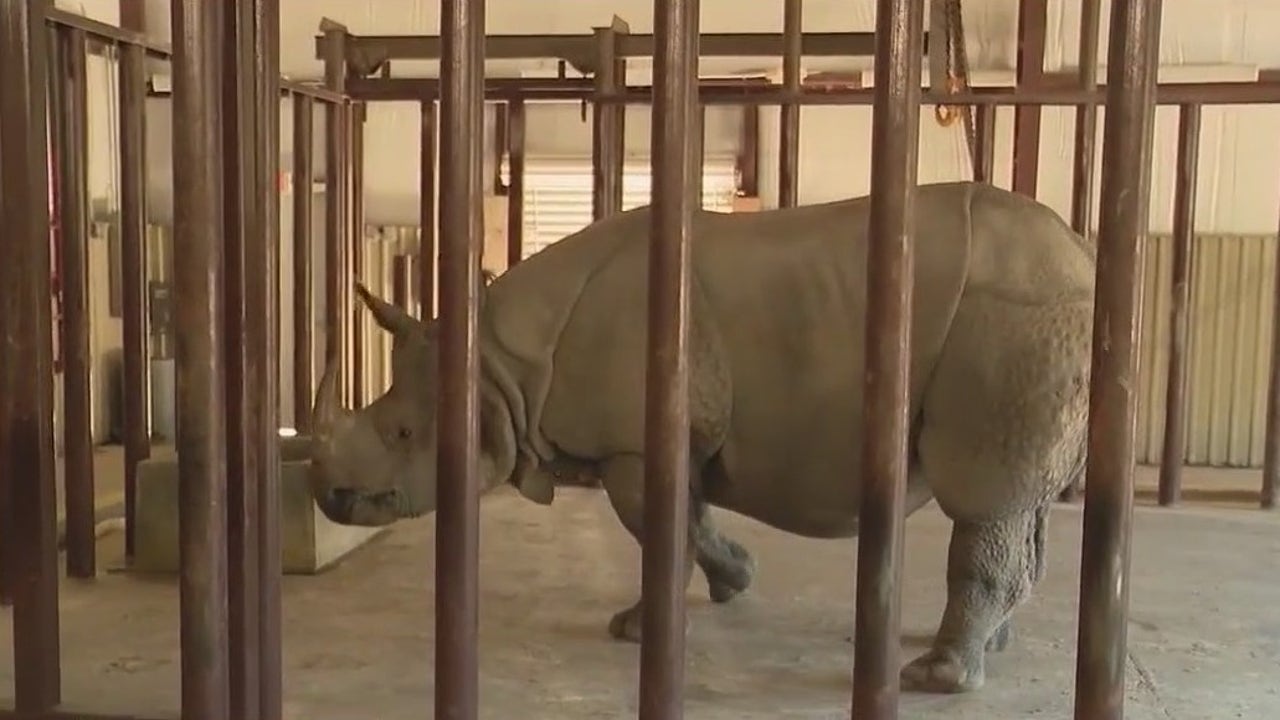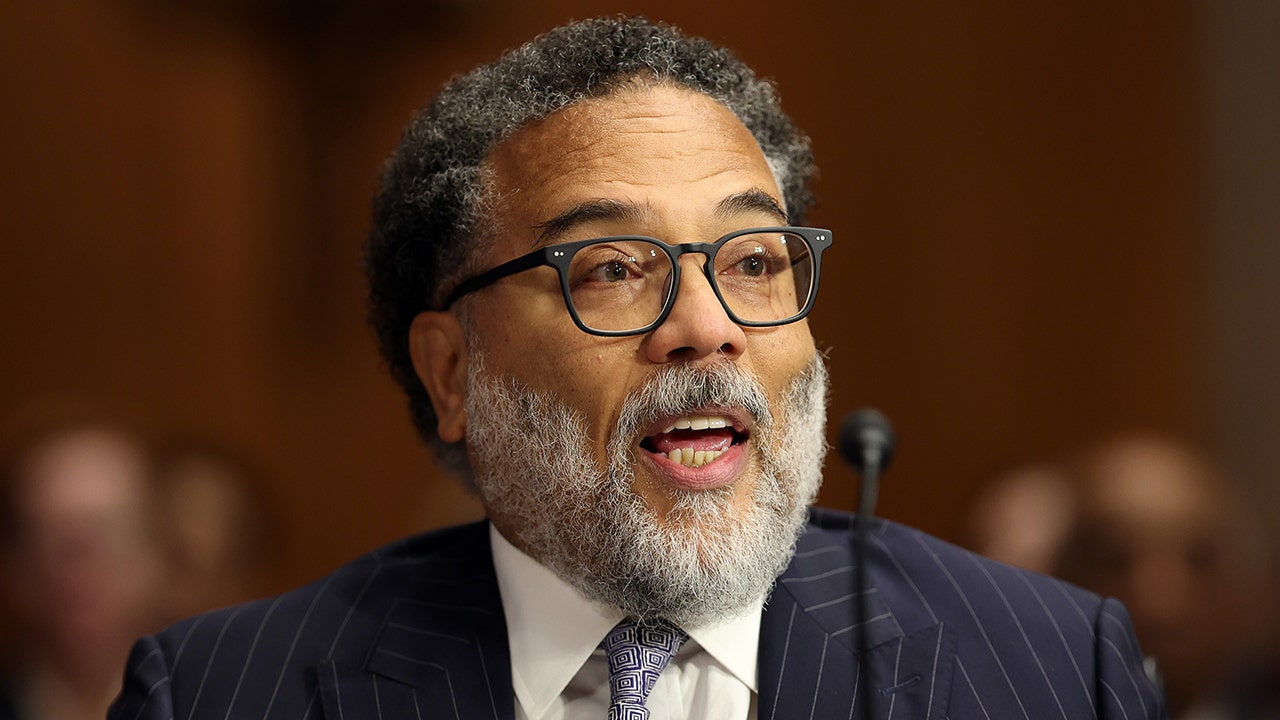World
El Salvador vows harsh response after slaying of police officer
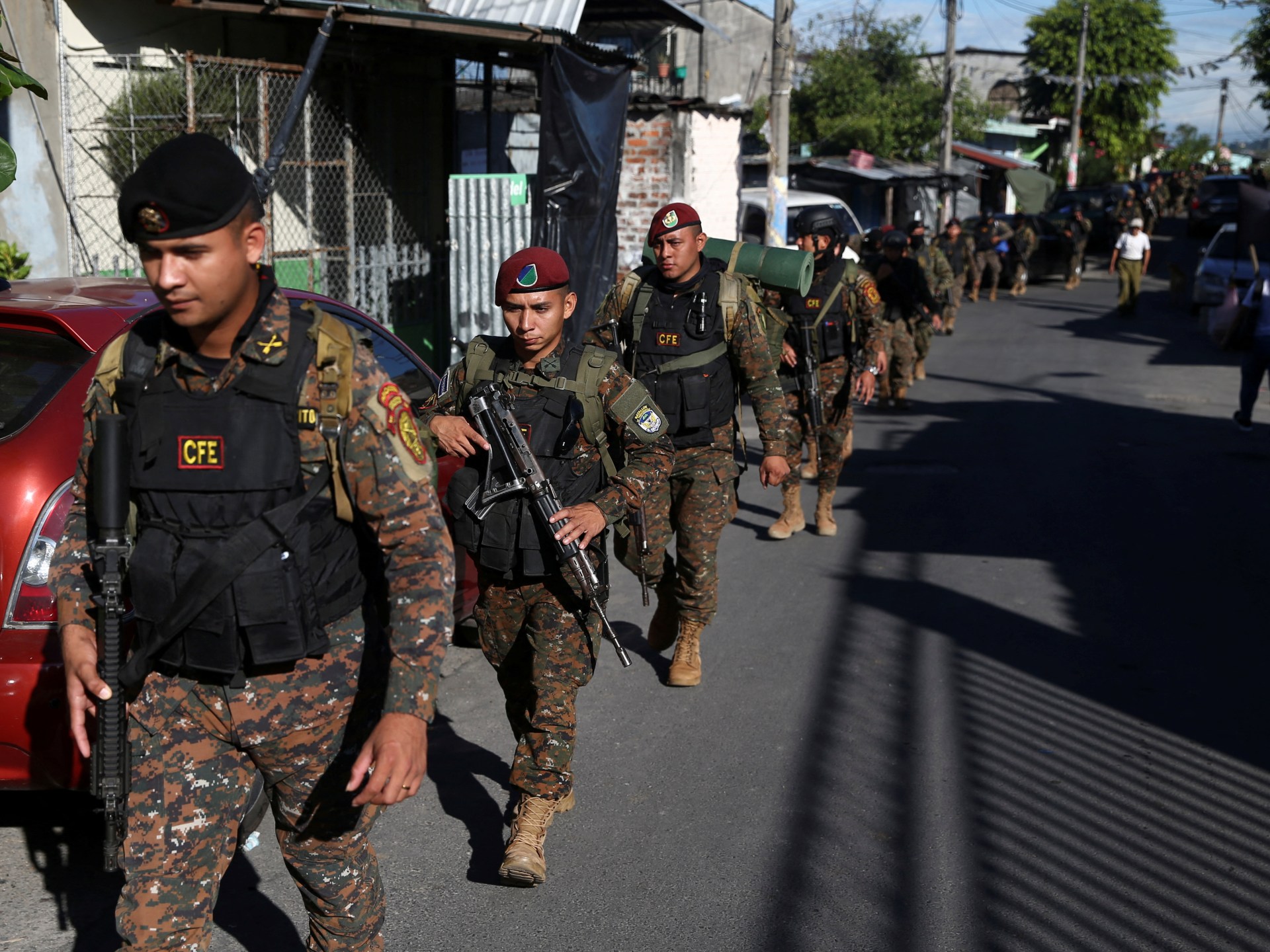
Thousands of soldiers and police have encircled the city of Nueva Concepcion after the killing of a police officer.
The government of El Salvador has deployed thousands of soldiers and police officers to a small town in a show of force after a police officer was killed by an alleged gang member.
More than 5,000 soldiers and 500 police officers encircled the northern city of Nueva Concepcion on Wednesday, with Salvadoran President Nayib Bukele saying that they would seek out those responsible.
“They will pay dearly for the murder of our hero,” Bukele said in a Twitter post, adding that forces would seek out “the entire gang structure and collaborators still hiding in that place”.
The Bukele government has launched a nationwide crackdown on the country’s gangs over the last year, winning widespread support from the public but sparking concerns about systematic human rights abuses.
The government declared a “state of exception”, suspending key civil liberties in March 2022 after gangs were blamed for a spate of killings.
The government has extended the order to keep those powers in place 14 times since, and human rights organisations and media outlets have documented cases of torture, disappearances and innocent people arbitrarily detained in prison.
Neighbourhoods once dominated by gangs have become safer for residents, who have largely expressed support for the government’s heavy-handed policies after years of violence and exploitation at the hands of the gangs.
But some experts and human rights groups have questioned how sustainable the public safety gains will prove in the long term.
Ante el homicidio ocurrido ayer, de un agente de nuestra @PNCSV, por parte de pandilleros que aún se encuentran en algunos sectores de nuestro país, escondidos, huyendo del Régimen de Excepción…
Desde esta madrugada, establecimos un cerco de seguridad alrededor del municipio de… pic.twitter.com/6r8BxuLBDb
— Nayib Bukele (@nayibbukele) May 17, 2023
Wednesday’s troop deployment to Nueva Concepcion is not the first time that the government has taken part in a large display of force. Last October, 2,000 soldiers and police officers surrounded the city of Comasagua, about 30km (20 miles) southwest of the capital of San Salvador, detaining 50 people in two days.
And in December, the government sealed off the neighbourhood of Soyapango, a suburb of the capital, with about 10,000 soldiers and police as government forces swept through the area detaining suspects.
More than 68,000 suspects have been detained since last year as part of the continuing crackdown, many of whom have been transferred to a new “mega-prison” opened in February, designed to incarcerate approximately 40,000 people total.

World
Venezuela’s Opposition Candidate Says His Son-In-Law Was Kidnapped

The man widely called the true winner of Venezuela’s tainted presidential election said on Tuesday that his son-in-law had been kidnapped by hooded men in Caracas, the capital.
Edmundo González said that his son-in-law, Rafael Tudares, was walking Mr. González’s grandchildren to school when he was “intercepted” by hooded men dressed in black, and taken away in a gold van.
“At this time he is missing,” he wrote on X.
The reported kidnapping comes one day after Mr. González met at the White House with President Biden, whose administration recognizes Mr. González as president-elect, in an effort to put international pressure on President Nicolás Maduro, the longtime authoritarian leader who claims he won Venezuela’s July election.
On Monday the Maduro government, in a statement, called the meeting “a flagrant violation of international law and a crude attempt to perpetuate imperialist interference in Latin America.”
Mr. González, 75, was forced to flee the country shortly after millions of Venezuelans voted for him, and he is now living in exile in Spain. He has promised repeatedly to return to his country to be sworn in on Friday, when Maduro, in power since 2013, is scheduled to be inaugurated for another six-year term.
The Maduro government has imposed a $100,000 bounty on Mr. González and he likely faces arrest if he returns.
The Venezuelan government has unleashed a wave of repression against anyone who challenges its declared victory, arresting about 2,000 people and charging most with terrorism. Human rights groups have described it as Venezuela’s most brutal campaign of repression in recent decades.
The government has released hundreds of those prisoners in recent months, in what many analysts saw as a signal to President-elect Donald J. Trump that it is willing to ease up on human rights in exchange for favorable treatment.
The U.S. State Department called the disappearance an attempt to “intimidate Venezuela’s democratic opposition.”
A spokesman for the Maduro government did not immediately respond to a request for comment.
Diosdado Cabello, a top official in Mr. Maduro’s government and one of his most powerful allies, did not refer directly to the episode in public remarks on Tuesday, but said, “today we have just dismantled a very dangerous group” of “foreign mercenaries from the United States and Colombia.’’
Mr. Tudares’ wife, Mariana González, said in a statement that her husband was a victim of “persecution.”
“At what point did it become a crime to be Edmundo Gonzalez Urrutia’s family?” she said.
World
At least 9 miners are trapped in a coal mine in India's northeastern Assam state
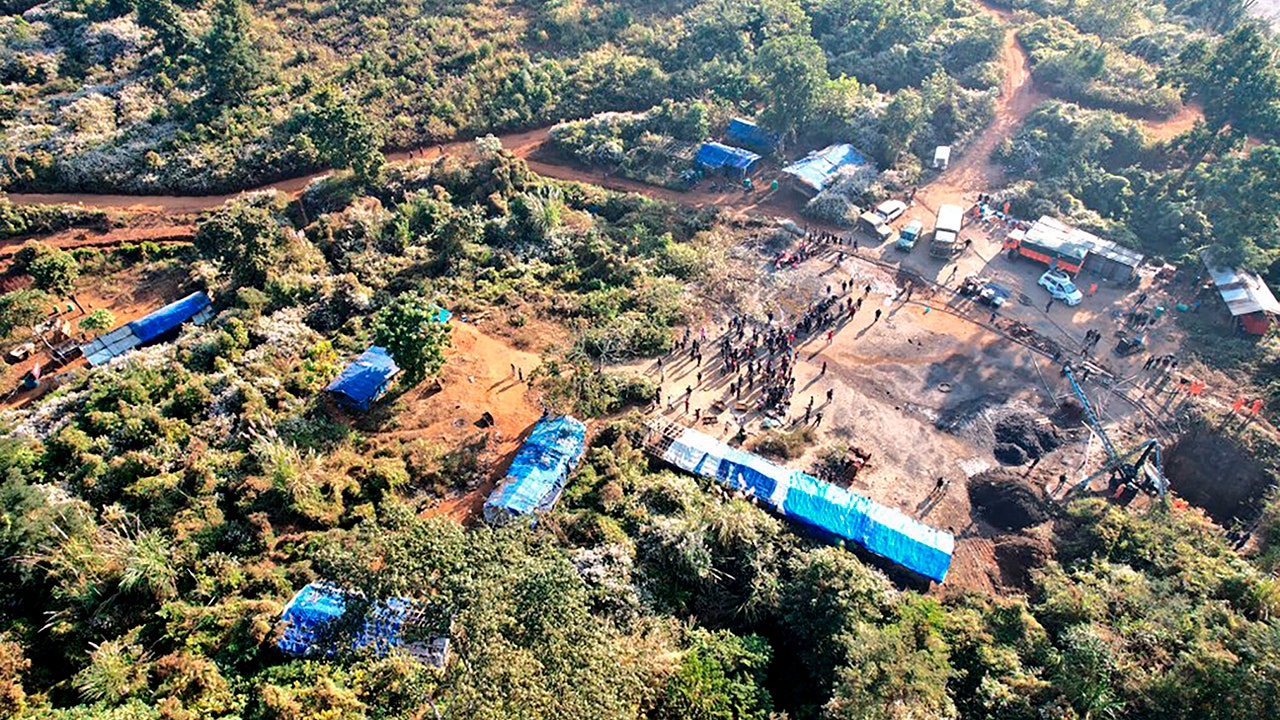
At least nine workers are trapped inside a flooded coal mine in India’s northeastern Assam state, officials said Tuesday, as authorities summoned the army to help in the rescue operation.
The miners became trapped on Monday morning in the Umrangso area in Dima Hasao district, about 125 miles (200 kilometers) south of the state capital, Guwahati.
13 YOUNG MINERS FEARED DEAD IN INDIA’S REMOTE NORTHEAST
The workers are “feared trapped 300 feet below the ground after water gushed in from a nearby unused mine. We are mobilizing resources to rescue them,” said Kaushik Rai, a local government minister who is monitoring the rescue efforts.
Army soldiers and a national disaster management team at the site used ropes and cranes to assist the ongoing operation.
This image provided by the Indian Army shows an aerial view of the site where at least nine workers are trapped inside a coal mine, in the Umrangso area of Dimapur Hasao district in the northeastern state of Assam, India, on Tuesday, Jan. 7, 2025. (Indian Army via AP)
Rescuers found three helmets, some slippers and a few other items, Rai said. “The divers have been able to dive into 35 or 40 feet of water inside the mine. The water level now is estimated at 100 feet,” he said.
Assam Chief Minister Himanta Biswa Sarma said on the social media platform X that the mine appeared to be illegal and that police had arrested one person as they investigate the case.
Workers at the site said over a dozen miners had been trapped inside the mine, which has minimum safety measures, and some managed to escape as water from a nearby unused mine began filling the mine.
In India’s east and northeast, workers extract coal in hazardous conditions in small “rat hole” mines that are narrow pits in the ground, usually meant for one person to go down, and are common in hilly areas. The coal is usually placed in boxes that are hoisted to the surface with pulleys. In some cases, miners carry coal in baskets up on wooden slats flanking the walls of the mines.
Accidents in illegal mines are frequent and the livelihoods of those who do such mining depend on the illegal sale of coal. At least 15 miners were killed after getting trapped in one such mine in Meghalaya state in 2019.
World
Herbert Kickl invites ÖVP to hold coalition talks
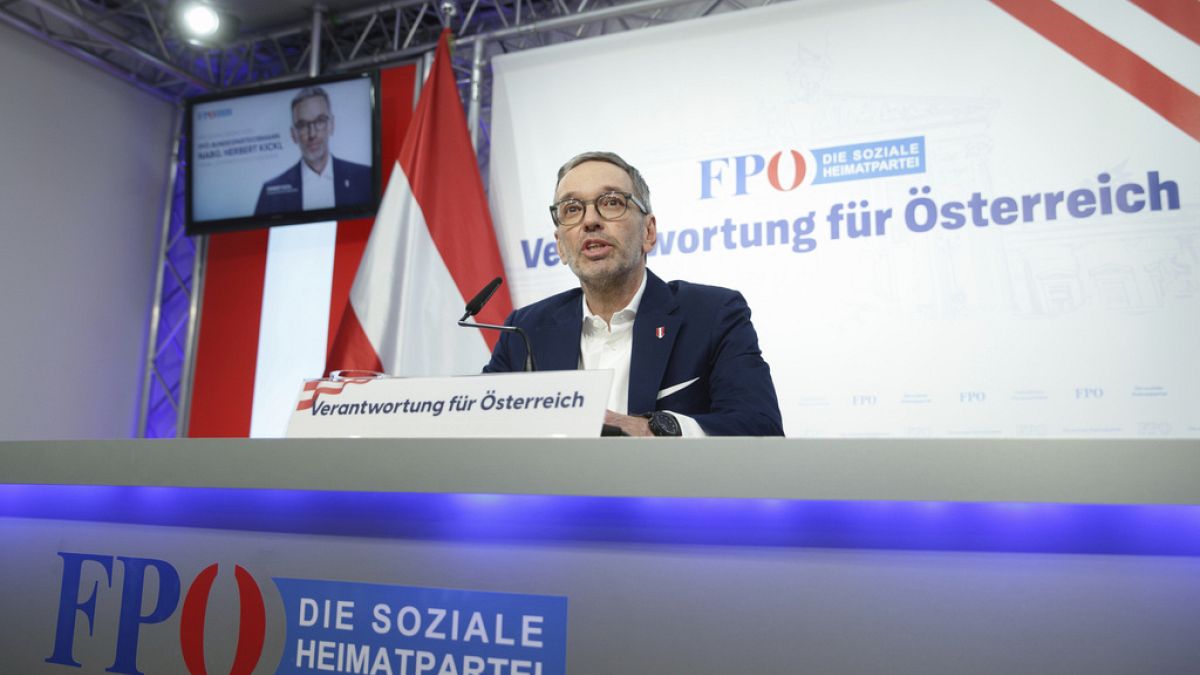
The head of Austrian far-right Freedom Party, Herbert Kickl, invited the conservative Austrian People’s Party to coalition talks after being tasked with forming a government.
Austrian far-right Freedom Party (FPÖ) leader Herbert Kickl extended an olive branch to the conservative Austria’s People Party (ÖVP) on Tuesday, inviting them to coalition talks.
His comments come after Austrian President Alexander van der Bellen gave him the green light to attempt to form a ruling coalition.
Though the two parties have a history of clashing heads, Kickl said during a press conference that he would officially extend the invitation once his party’s leadership approved the move in a meeting on Tuesday evening.
The conservative ÖVP is the only viable coalition partner for the FPÖ, but Kickl urged the party to be “honest” in talks or face the threat of a snap election amidst rising support for his own political group.
Kickl said early steps in talks would be small and that it still needs to be seen whether the coalition would be viable or not. However, he also said he does not want to lose any time and now wants to start a “massive political firefighting operation.”
During his statement on Tuesday, Kickl pointed out that it had been 100 days exactly since parliamentary elections in September but described the three months since the results came in as “lost.”
Coalition talks between the far right and conservatives aren’t guaranteed to succeed, but there are no longer any other realistic options in the current parliament and polls suggest that a new election soon could strengthen the Freedom Party further.
Kickl’s party secured victory in those elections, winning 28.8% of the vote and surpassing outgoing Chancellor Karl Nehammer’s conservative ÖVP, which came in second.
Van der Bellen initially tasked Nehammer with forming a government. However, the ÖVP refused to enter a coalition with the FPÖ under Kickl – leading to a political stalemate.
Efforts to form a governing alliance without the FPÖ failed by early January, prompting Nehammer to announce on Saturday that he would resign.
-

 Business7 days ago
Business7 days agoThese are the top 7 issues facing the struggling restaurant industry in 2025
-

 Culture7 days ago
Culture7 days agoThe 25 worst losses in college football history, including Baylor’s 2024 entry at Colorado
-

 Sports6 days ago
Sports6 days agoThe top out-of-contract players available as free transfers: Kimmich, De Bruyne, Van Dijk…
-

 Politics5 days ago
Politics5 days agoNew Orleans attacker had 'remote detonator' for explosives in French Quarter, Biden says
-

 Politics5 days ago
Politics5 days agoCarter's judicial picks reshaped the federal bench across the country
-

 Politics3 days ago
Politics3 days agoWho Are the Recipients of the Presidential Medal of Freedom?
-

 Health2 days ago
Health2 days agoOzempic ‘microdosing’ is the new weight-loss trend: Should you try it?
-

 World7 days ago
World7 days agoIvory Coast says French troops to leave country after decades



